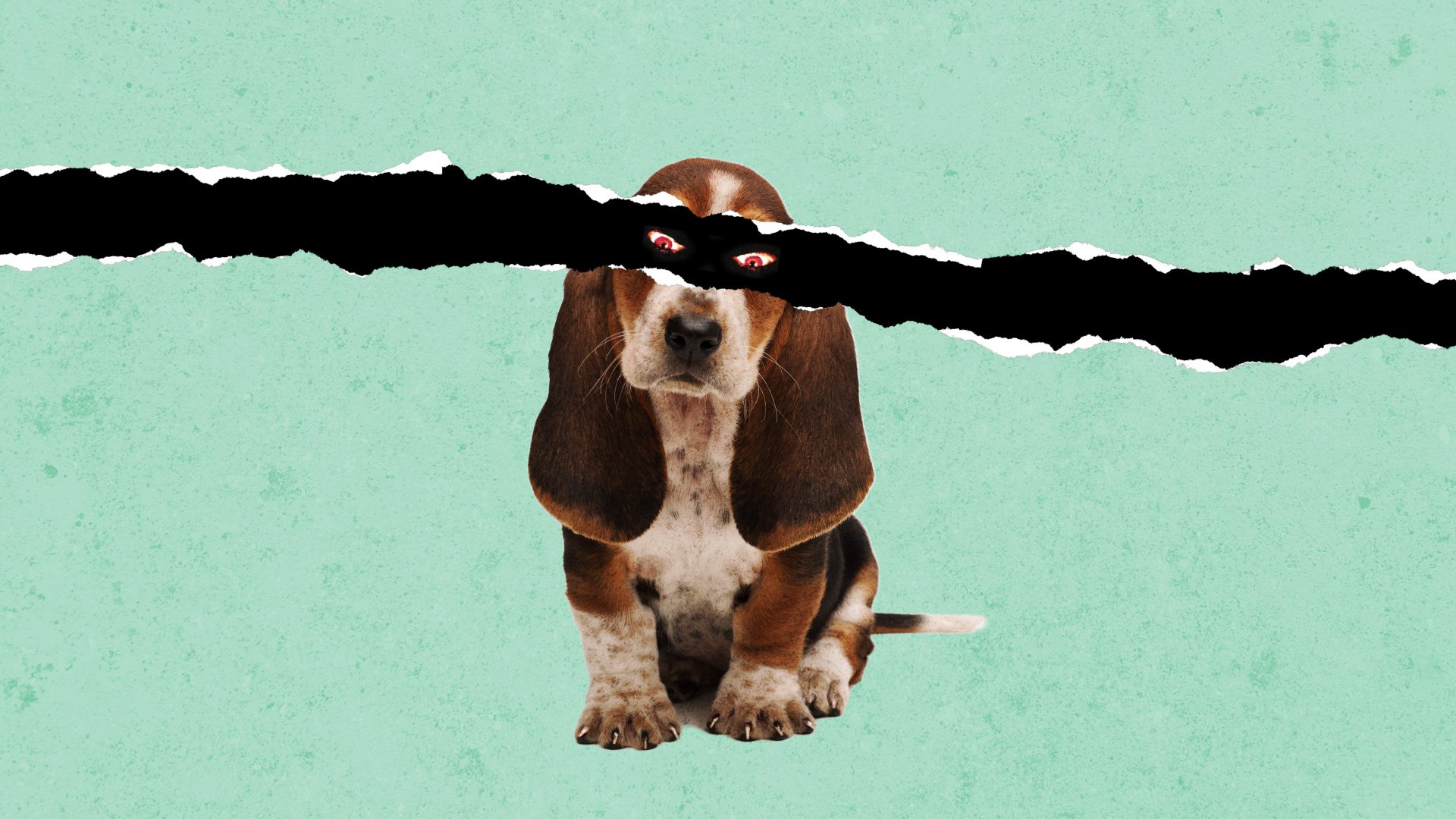This isn’t so much a plot spoiler as a life one – so if you don’t want to know the narrative twist to your very existence, look away now. The great Edwardian satirist Saki’s story, Sredni Vashtar, concerns a 10-year-old boy, Conradin, who lives with an overbearing older cousin. But there’s something heavy in the woodshed: the eponymous polecat ferret which the boy turns from a pet into a strange sort of a god – and to who, when her depredations become intolerable, he sacrifices his guardian.
I thought of Sredni Vashtar when I heard the awful – nay, grotesque – story of the dog-walker in Surrey who was recently killed by her own charges. Here, played out in real life, was the fictional trope Saki had explored in not just one, but many of his unsettling tales: the barely suppressed animality that lies beneath the thin veneer of human civilisation, and the bogus distinction between ourselves and other animals it rests upon.
The Surrey incident seems to have been triggered when one of the professional dog-walker’s eight charges attacked another, smaller dog – and she waded in to separate them. In the ensuing melee, the dogs reverted to a pack mentality, then turned on their human keeper. Others who tried to intervene were also attacked – and the dogs spooked a horse that then threw its rider. All in all, a catalogue of serious injuries and fatalities was the result of this interspecific moment of madness.
But as experts in animal psychology have been quick to point out, a seemingly atavistic behavioural reaction such as this is really just that: dogs aren’t domesticated in the way other, more biddable species are – rather, they enter into their irenic and symbiotic relationships with humans on an individual basis, and when that bond is eclipsed by the imperatives of their kind, a-hunting they will go. Just one of the phenomena that so strikes people (and presumably, dogs) when they witness the collapse of human civilisations, is the way that dogs revert rapidly to type, and mixed packs of poodles and pit bulls are quickly to be seen view-hallooing, as they track down those who once, deludedly, believed themselves their masters and
mistresses.
Humans being what they are, the flip side of this repression of their boon companions’ darker side, is their determination to anthropomorphise dogs even more than they do… um, humans. I thought of this – and of the Surrey
incident – when I tuned in by chance to a programme on Radio 4 about the pandemic’s impact on the culture of dog-keeping. The Surrey attack was part of a wider pattern: last year there were three times as many fatal dog attacks
reported, and as great an increase in non-fatal ones. Any number of dogs were brought into the home as lockdown pets – only to be expelled.
The programme’s presenter spoke to an English woman living in Corfu who was trying to rehouse one of these refugees from human persecution – a big dog they’d dubbed “Jackie” that began running around the village in November. After a lot of difficulties, the woman had managed to find a home for Jackie – in Stockholm. Without a scintilla of irony, she described how she had to have a special crate made for the dog, which needed to take three separate flights in order to reach its new northern home.
You don’t have to be an immiserated Albanian about to embark on a potentially fatal Channel crossing in a small inflatable boat in order to find something absurd in this canine vaulting of human borders and human prejudices. It’s become commonplace to observe that humans love dogs rather more than they do each other – but of course, it isn’t true. Rather, humans love dogs more than the humans in their lives when they project on to them the attributes they wish those humans had, yet which they conspicuously lack. Principal among them being loyalty.
You don’t have to be Greyfriars Bobby to find this, too, ridiculous – or rather, profoundly disturbing. For once you begin to depend more on your pet than your partner, you’ve effectively withdrawn from the society of your conspecifics altogether. Traditional and agricultural peoples lived in the hugger-mugger of kith and kine – but us modern city-dwellers mostly have it one way or the other: playing exultantly with our little angels for a while – then packing them off with paid-for minders while we get on with our anthropic lives.
But to behave like this is to degrade nature and what little remains of our relationship with it – and sooner or later, like Sredni Vashtar, it will bite back.



